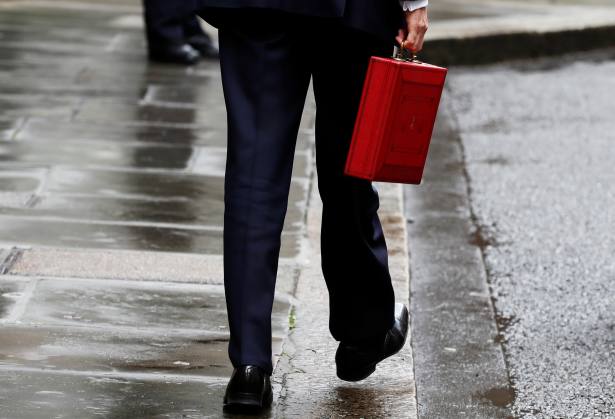“We expected the government to do something, so this announcement does not come as a surprise; however, also as expected, there is a lack of detail and some confusion as to what this will mean in practice.”
This was tax on a global scale, however, proving the UK is set to be a world leader in terms of clamping down on tax avoidance.
Tax stability
There were some announcements related to tax that applies to individuals, with Mr Hammond raising the personal allowance from April next year.
Karen Barrett, chief executive at Unbiased, notes: “The chancellor clearly has his eye on the government’s target of the raising of the personal allowance to £12,500 by 2020, and the higher-rate tax threshold to £50,000.
“He announced steps in that direction, raising the personal allowance to £11,850 from April 2018, and the higher-rate threshold to £46,350.”
In his speech, Mr Hammond said this will mean the typical basic rate taxpayer is £1,075 a year better off than in 2010.
She points out: “Ironically the latter [higher rate threshold] may end up penalising some near the threshold, as people making pension contributions may lose out on higher-rate tax relief.”
Ms Barrett suggests those individuals near this income level should ask their financial adviser about making extra contributions before the change – or, even better, ask their employer for a pay rise.
Alastair Black, head of financial planning propositions at Standard Life, believes the lack of announcements relating to tax in the Budget means advisers can plan for the next tax year with “confidence and clarity”.
He observes: “The first Autumn Budget is very good for financial planning, we are seeing stability in the tax system which is very positive for advisers and for financial advice.”
He flags that the dividend allowance will be cut to £2,000 as already announced.
“In particular, this will hit small and medium-sized business owners who take their profits as a dividend. Employer pension contributions will become an even more attractive way of extracting profits from a business.”
The capital gains tax allowance will increase by £400 to £11,700.
Future of IHT
There were no surprises when it came to inheritance tax (IHT) but a government consultation published the same day as the Budget hints at more reform to come in this area.
Mr Black notes: “As expected, the IHT nil-rate band will remain at £325,000 until April 2021 and the residence nil-rate band will increase from £100,000 to £125,000.
“In total that will mean that, from April, couples can leave assets up to £900,000 to future generations free of IHT.”







